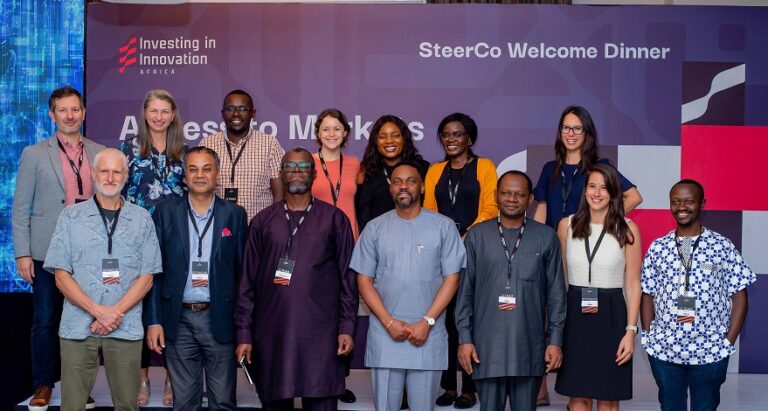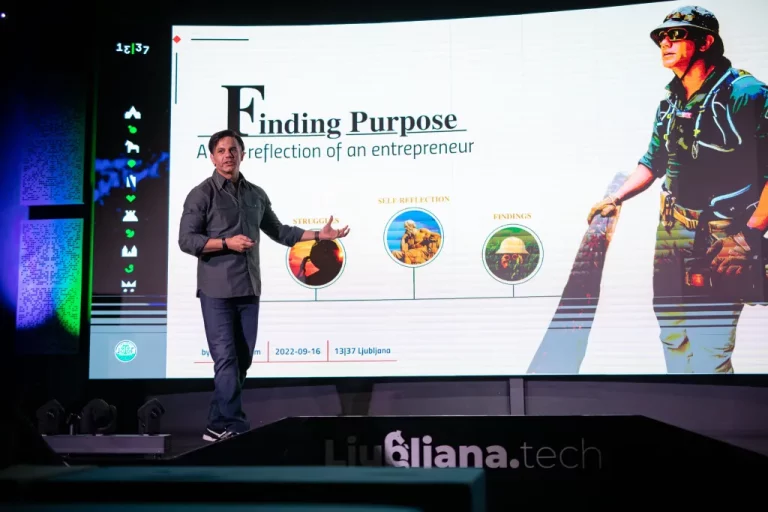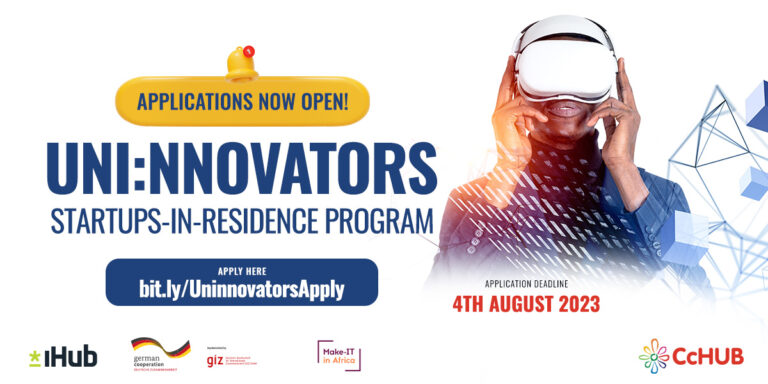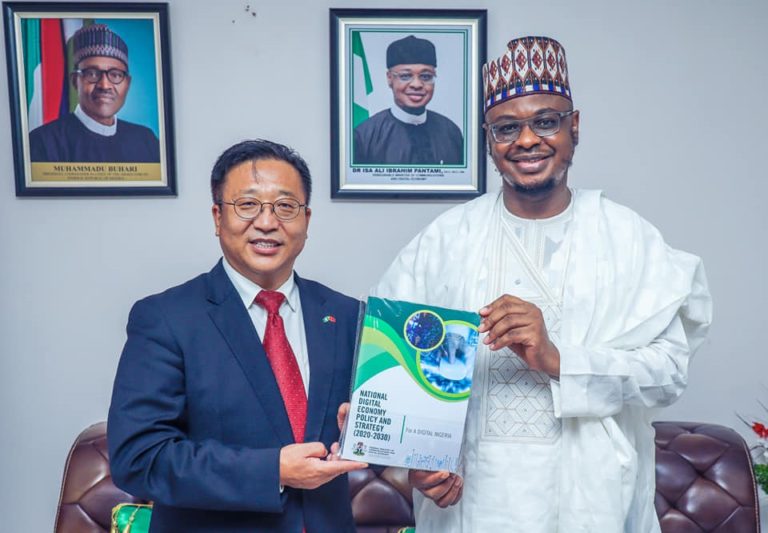African Leadership International Agrees to Acquire Silicon Valley’s Holberto
In order to reshape Africa by producing three million entrepreneurial leaders by 2035, African Leadership International (ALI) has agreed to acquire Holberton Inc., a Silicon Valley-based project-based college alternative that trains the next wave of software engineers.
The acquisition will give ALI ownership of the program for advanced technology, enabling ALI to give international businesses access to a sizable untapped workforce that can fill the expanding technological talent gap on a worldwide scale. By giving millions of Africans the software engineering skills necessary for the future digital workplace, it will also significantly alter their quality of life. The third quarter is when the deal is anticipated to close. The Holberton School network will be divided up into a separate company as part of the purchase.
“This acquisition will combine our respective capabilities with African talent leading the road to help address the worldwide scarcity of technical skills. Each student graduates from this collaborative, project-based environment prepared for the workforce. According to Julien Barbier, co-founder of Holberton, “Our software engineers will enable enterprises throughout the world to swiftly grow their technical talent requirements.”
The epidemic has accelerated the speed of digital disruption in almost all industries, and 97 million new professions will arise that are better suited to the new division of labor between humans, machines, and algorithms, according to the World Economic Forum’s Future of Jobs report 2020. China, India, and the West—traditional sources of technology talent—are struggling to supply this rising demand due to their aging populations.
Africa’s population is expanding quickly. With an average age of just 19, compared to 48 in Germany or Japan, it boasts the world’s youngest labor force. By 2035, there will be 1.1 billion people working on the continent, which would be more than in China or India. As a result, the continent is gradually being recognized by major technology organizations as the next frontier for IT talent. Twitter, Google, Microsoft, IBM, and Alibaba, among others, have all announced ambitions to establish tech hubs in Africa over the past three years.
Due to these developments, ALI teamed up with Holberton’s advanced technology program two years ago to expand up the education of software developers across Africa.
African Leadership International’s ALX skills acceleration program has scaled more than 2000 times in the last 15 months as more than 95 000 students have registered in it.
This top talent will then be matched and connected to international organizations looking to develop their technology teams through African Leadership International’s placement branch, The ROOM, much like how IT companies already look for talent in Eastern Europe and India.
We have so far been successful in providing young Africans with high-quality learning opportunities thanks to our collaborative efforts. In my 20 years of working on the continent to develop human capital, this is unlike anything I have encountered. With our current course, I have no doubt that within the next ten years we will produce millions of digital leaders who can address many of Africa’s most pressing problems. Founder and CEO of African Leadership International Fred Swaniker stated, “Our goal is to become the world’s largest single supplier of technology talent.
With this acquisition, ALI hopes to establish itself as one of the greatest sources of technical talent worldwide and a leader in Africa. The technology developed by Holberton has demonstrated that it will be essential to the ALI ecosystem. Employers like Apple, Google, Tesla, LinkedIn, Dropbox, Pinterest, Rappi, and Nvidia have hired graduates who received their training utilizing Holberton’s technology.
With the help of the ALX program, Holberton’s technology, and The ROOM career placement, ALI hopes to offer a top-notch service that will establish Africa as the last untapped market for technology while addressing the worldwide manpower crisis in that field.







